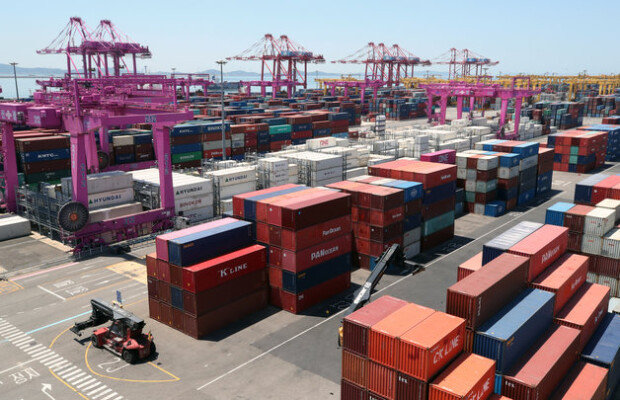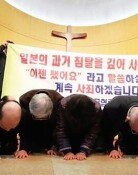World Bank warns of stagflation in 50 years
World Bank warns of stagflation in 50 years
Posted June. 09, 2022 08:17,
Updated June. 09, 2022 08:17

On June 7 (ET), the World Bank sharply lowered its growth forecast for the global economy for this year and warned of a stagflation in 50 years, which is reminiscent of the 1970s. The Russian invasion of Ukraine, the unstable supply chain issues from the Covid-19 pandemic, monetary tightening policies staged by different countries, and the tough lock-down policy by the Chinese government are numbered as the unfavorable factors suppressing the global economy.
In the first quarter of this year, the Korean economy only grew by 0.6%, which is lower that the growth rate flash report (0.7%) announced in April.
The World Bank slashed its growth forecast for the global economy from its January forecast of 4.1% to 2.9% by 1.2%, which is only half of last year’s economic growth (5.7%). The World Bank forecasted that the global economic growth is expected to hover around 3% each for both 2023 and 2024. The Bank also indicated that low growth would continue for another 10 years from tepid global investment especially pinching hard on developing and emerging countries.
By region, advanced nations’ growth outlook stood at 2.6%, and emerging countries and developing countries’ outlook at 3.4% each, which is all 1.2% cut from the January outlooks. The United States growth forecast slumped from 3.7% in January to 2.5%, and Chinese growth is lowered from 5.1% to 4.3%. Russia, faced with the Western sanctions is expected to record a 11.3% lower growth outlook from that of January, which is 8.9% growth.
David Malpass, president of the World Bank, remarked in the press interview, “Higher than average inflation and lower than average growth is highly likely to continue for several years. Stagflation risks are significant that many countries would find it difficult to avoid economic recession.”
The World Bank president particularly commented that if the worst becomes a reality, the economic growth rate will be “near zero.” Between 2021 and 2024, the speed of economic growth will slow down by 2.7%, which is double the speed of economic slowdown during the 2nd oil shock of 1976 ~ 1979. He advised individual government to scrap down trade barriers and to increase production to tackle the issue.
Jae-Dong Yu jarrett@donga.com · Min-Woo Park minwoo@donga.com







